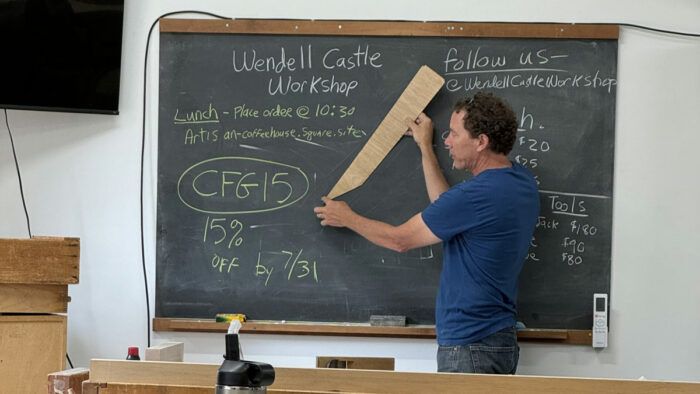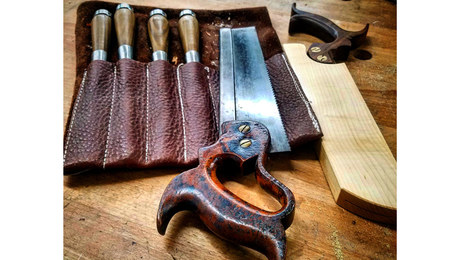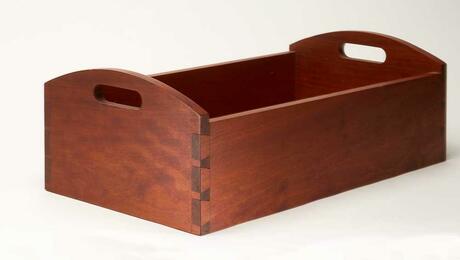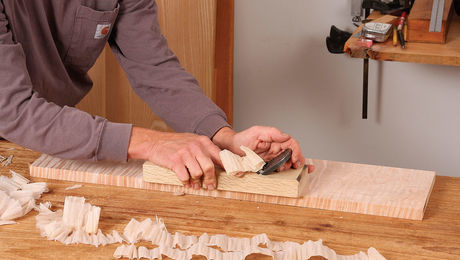I recently took a cool class with Andrew Hunter about setting up a Japanese plane. The class was hosted at the Wendell Castle Workshop in the very room where Wendell worked for decades. This class built on my woodworking skills and reminded me how important it is to keep learning new things. Lifelong learning is about always trying to learn and grow, and it can change our lives in many ways. For me, it’s all about being curious, feeling satisfied when I learn something new, and wanting to be a better teacher.
I love learning all I can about wooden hand planes, so I signed up for Andrew Hunter’s class. Setting up a Japanese plane takes a lot of patience and careful work. Unlike Western planes, the blade has to fit just right with the wooden body. In the class, we learned how to carefully tap out a new blade with a hammer to shape it, sharpen it, and then fit it properly to the body. It was a hands-on experience that taught me a lot, and the skills I learned will help me make my own planes even better.
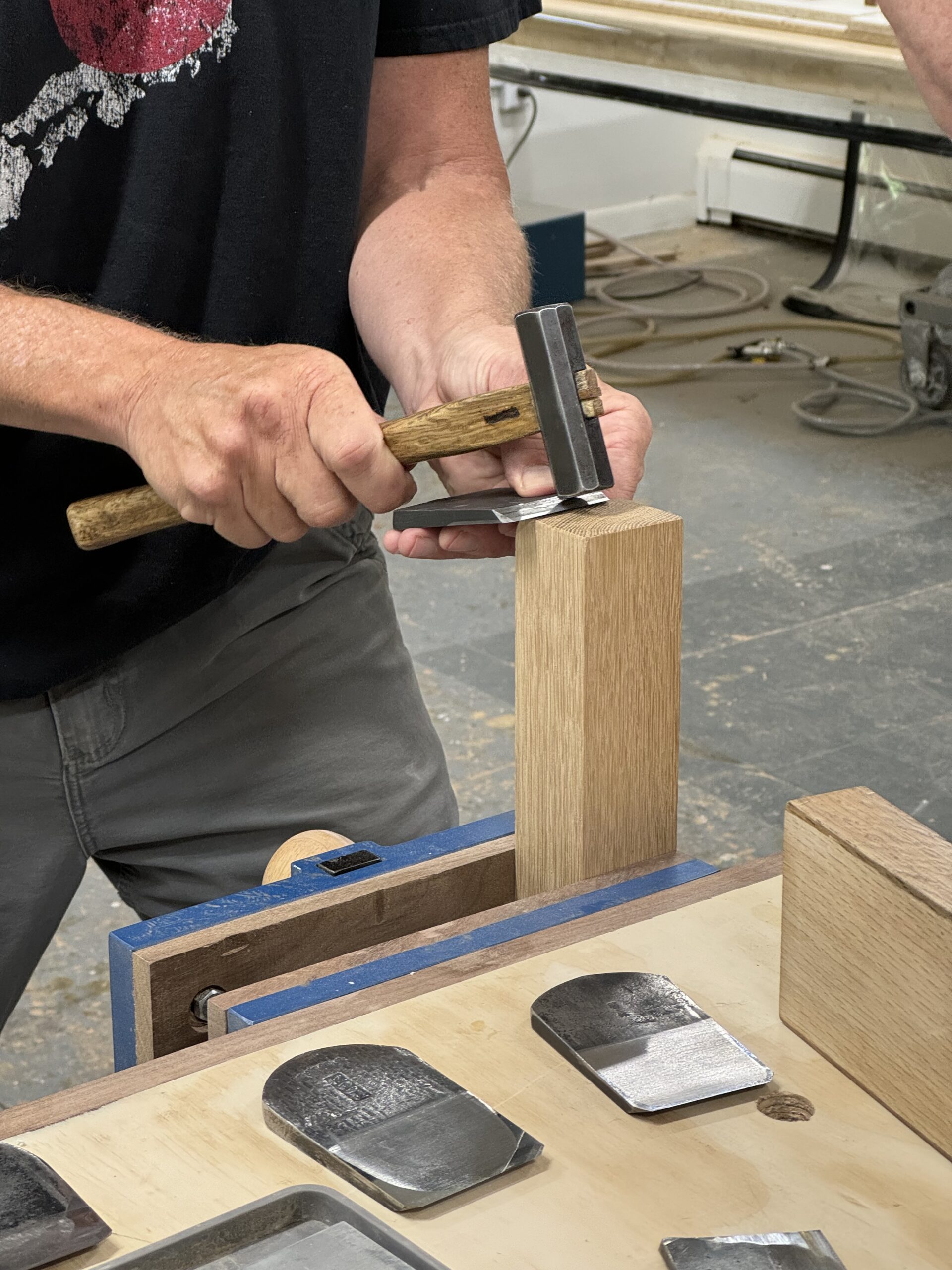
Curiosity keeps me excited about learning new things. Trying out different woodworking techniques makes the craft interesting for me and helps me pick up new skills. Every new thing I learn opens up more possibilities. This curiosity keeps me engaged and wanting to learn more. The more I learn, the more I realize there’s still so much to learn, and that’s what makes lifelong learning so awesome.
There’s something satisfying about knowing how to do things, especially hands-on activities like woodworking. Learning how to set up and use a Japanese plane adds a new level to my woodworking repertoire. It’s not just about finishing the project but also about the process and the knowledge I gain along the way.
This satisfaction is personal. It’s the joy of mastering a new technique, the pride in making something with my own hands, and the confidence that comes with knowing more. Each new skill I pick up shows my growth and dedication. This feeling of achievement makes me excited about lifelong learning and pushes me to try new subjects and challenges.
As a woodworking teacher, I find that learning new skills and seeing different teaching styles is really helpful. Andrew Hunter’s teaching was awesome. His patience and clear explanations helped me understand how to set up a Japanese plane and why each step is important. This reminded me of the importance of being clear and patient when teaching.
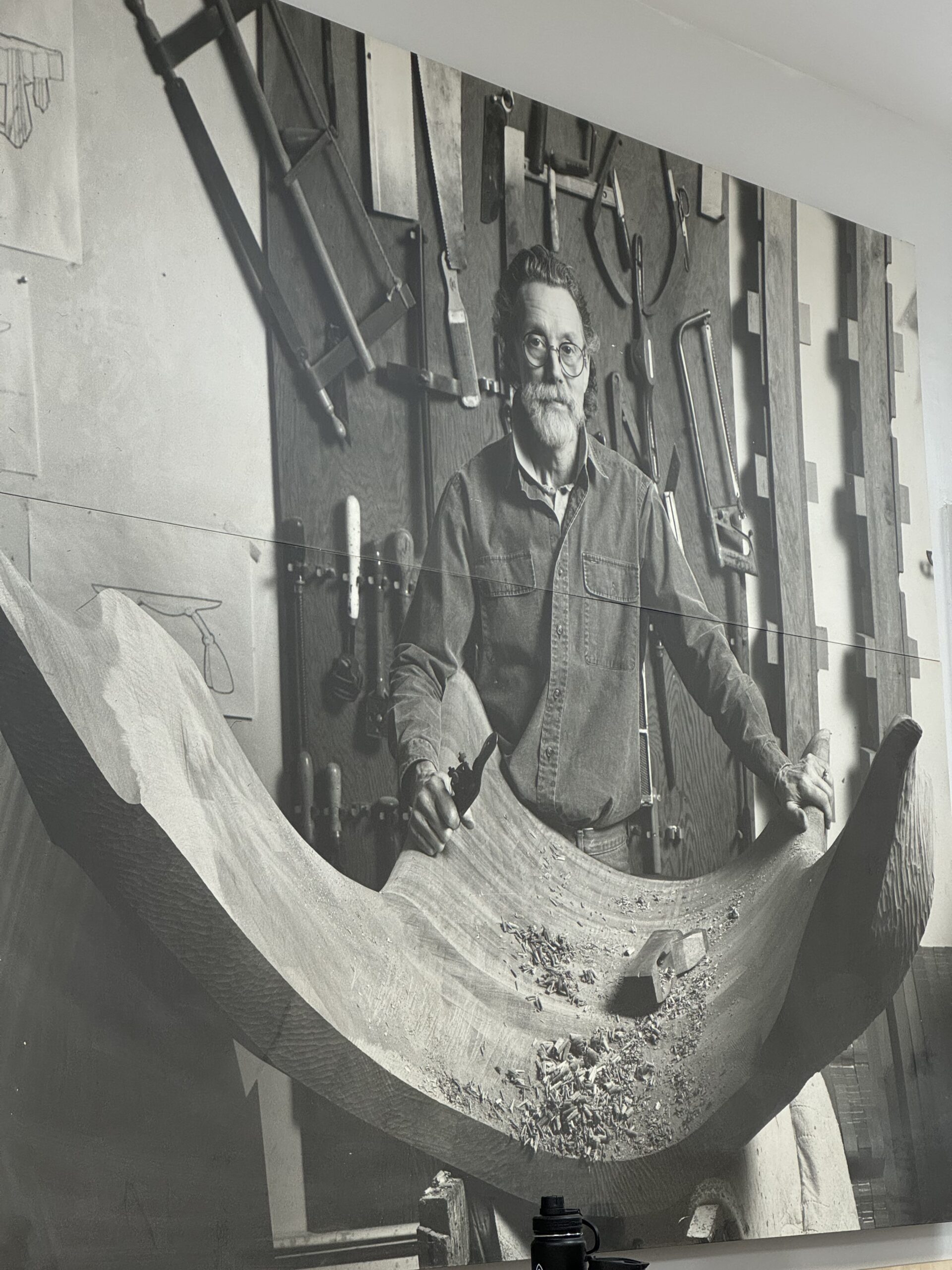
Learning new skills makes me a better teacher. It lets me bring fresh ideas and techniques to my students. Seeing different teaching styles helps me improve my own methods and make my classes more interesting and effective. Plus, sharing my learning journey with my students can inspire them to keep learning too.
Lifelong learning is a journey fueled by curiosity, the satisfaction of knowing, and the desire to be a better teacher. Taking Andrew Hunter’s class on setting up a Japanese plane reminded me of the endless possibilities that come with continuous learning. It’s a journey that makes our lives richer and helps us share our knowledge with others. Embrace lifelong learning, and let curiosity lead you to new skills and experiences.
Sign up for eletters today and get the latest techniques and how-to from Fine Woodworking, plus special offers.

